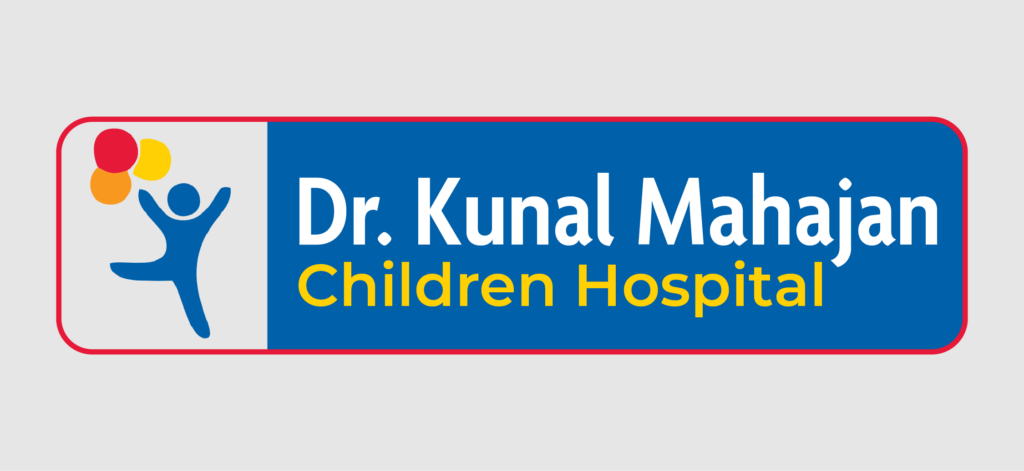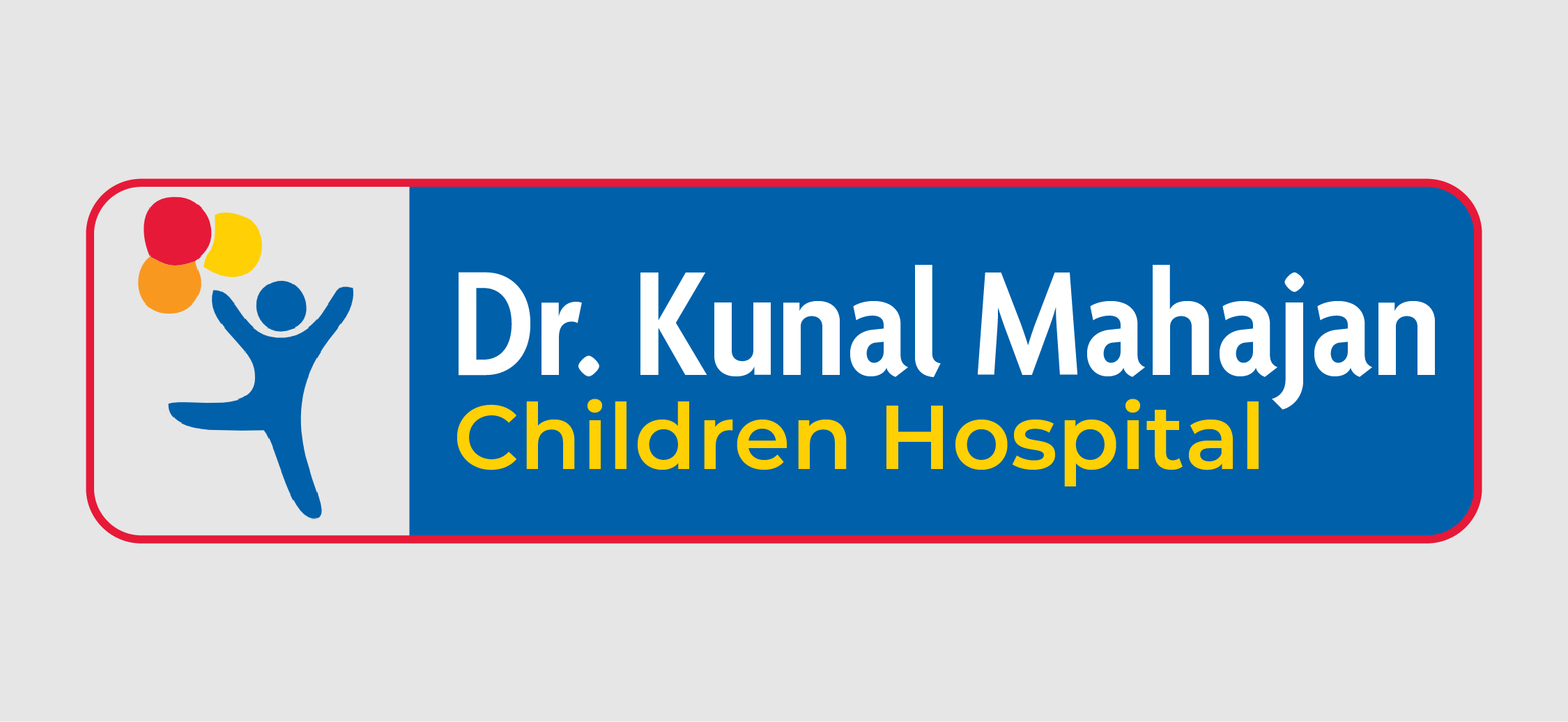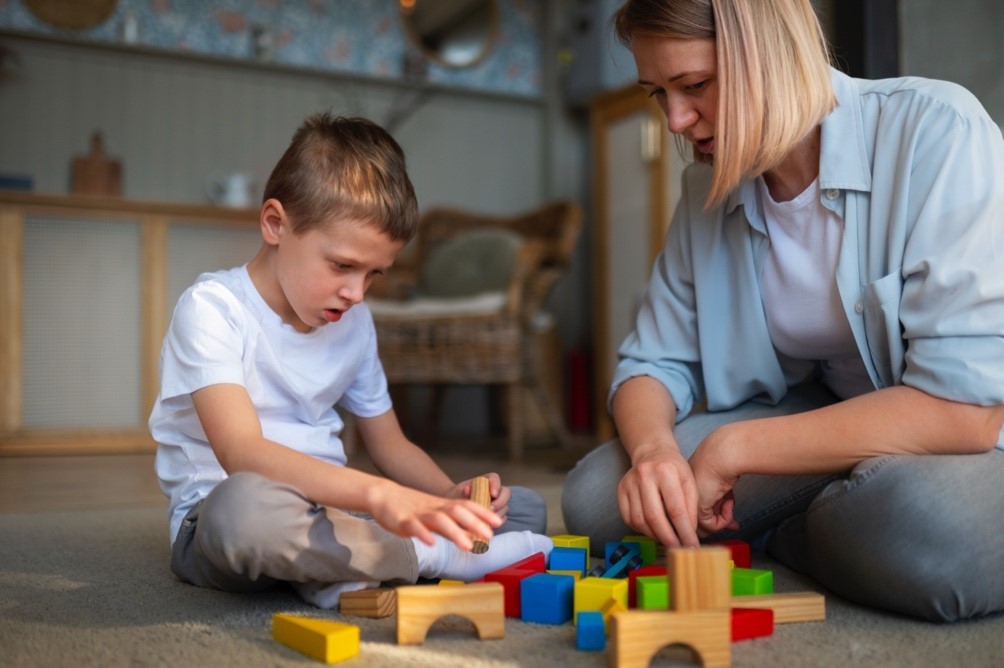Autism, or autism spectrum disorder (ASD) is a word that has become more common in our everyday language, but what does it really mean? This blog aims to demystify autism, a developmental disorder that affects communication and behavior, and to provide insights into the lives of those who live with it.
Autism: Beyond the Myths
- Autism is a developmental disorder that affects communication, behavior, and social interaction.
- Despite common misconceptions, autism is not defined by a single story but a multitude of experiences, strengths, and challenges.
- Each individual on the autism spectrum brings their unique perspective to life, painting the world with their distinct hues of thought and emotion.
Spotting the Signs Early
- Early detection can make a significant difference.
- Signs of autism might include delayed speech development, avoiding eye contact, repetitive behaviors, or showing an intense interest in specific topics.
- Recognizing these signs isn't about labeling but understanding and providing support tailored to each child's needs, allowing them to thrive in their unique way.
The Path to Support: Not Walked Alone
- Navigating autism is a journey of both challenges and triumphs.
- It involves learning languages of love and support that resonate with each child.
- From speech therapy and behavioral interventions to educational support and community programs, various resources can help children on the spectrum and their families embrace potential and address challenges.
Bridging Worlds: Communication and Connection
- Communication with a child on the autism spectrum may require patience, creativity, and empathy.
- Techniques like visual aids, structured routines, and sensory-friendly environments can foster understanding and connection, building bridges between different ways of experiencing the world.
A Community of Support: You're Not Alone
The journey with autism is shared by a vibrant community of families, educators, healthcare professionals, and advocates. Support groups, both in-person and online, offer spaces to share experiences, resources, and encouragement. Remember, reaching out for support is a strength, not a weakness.



